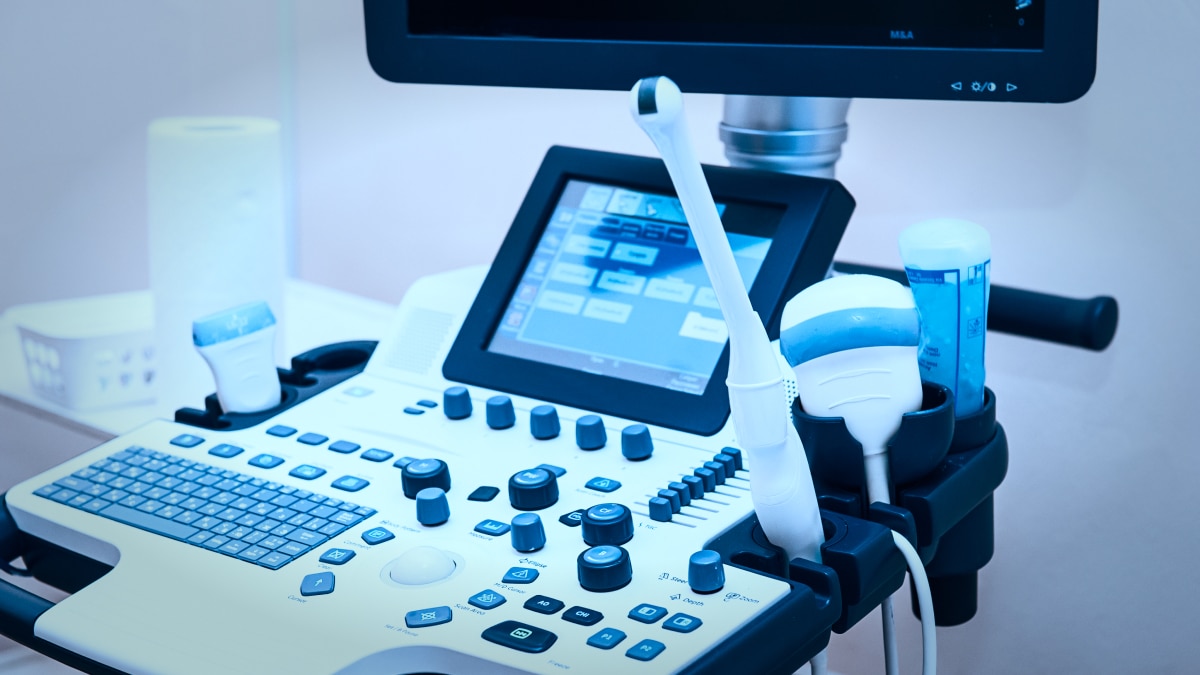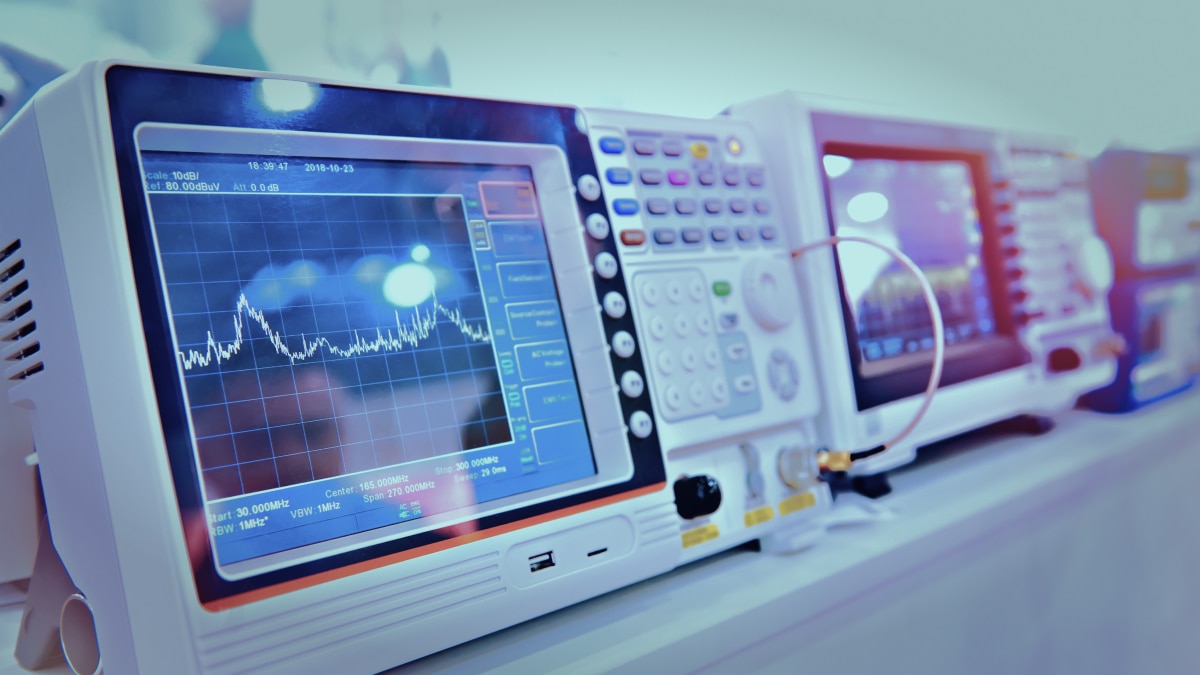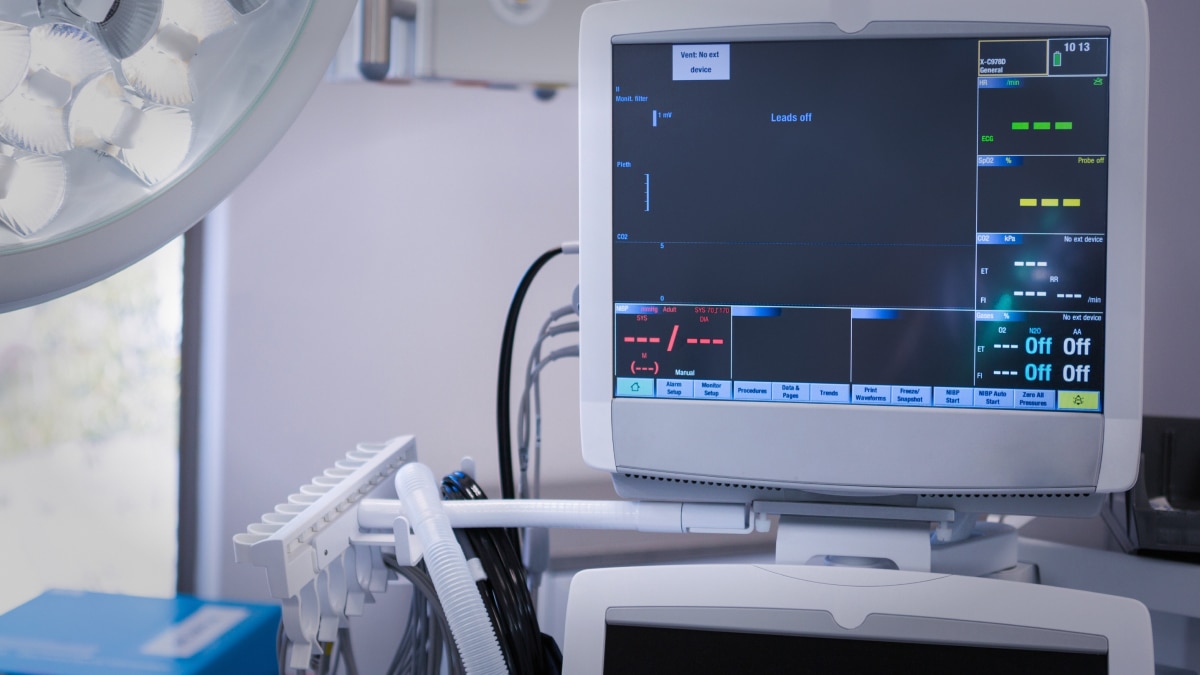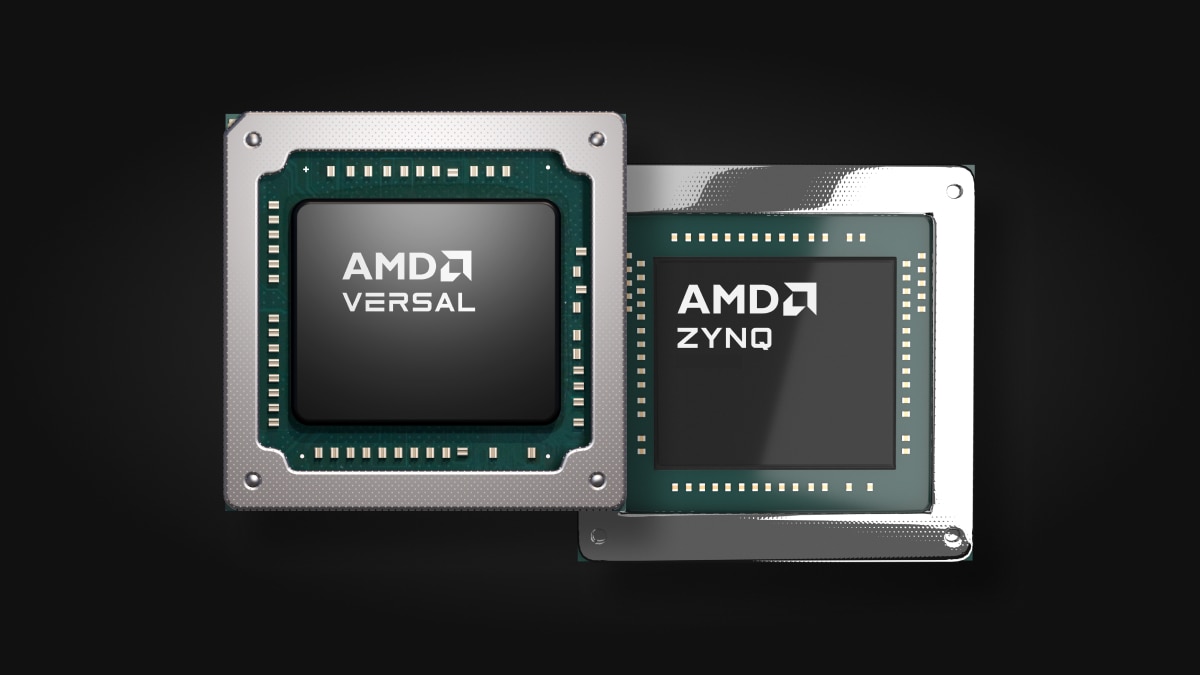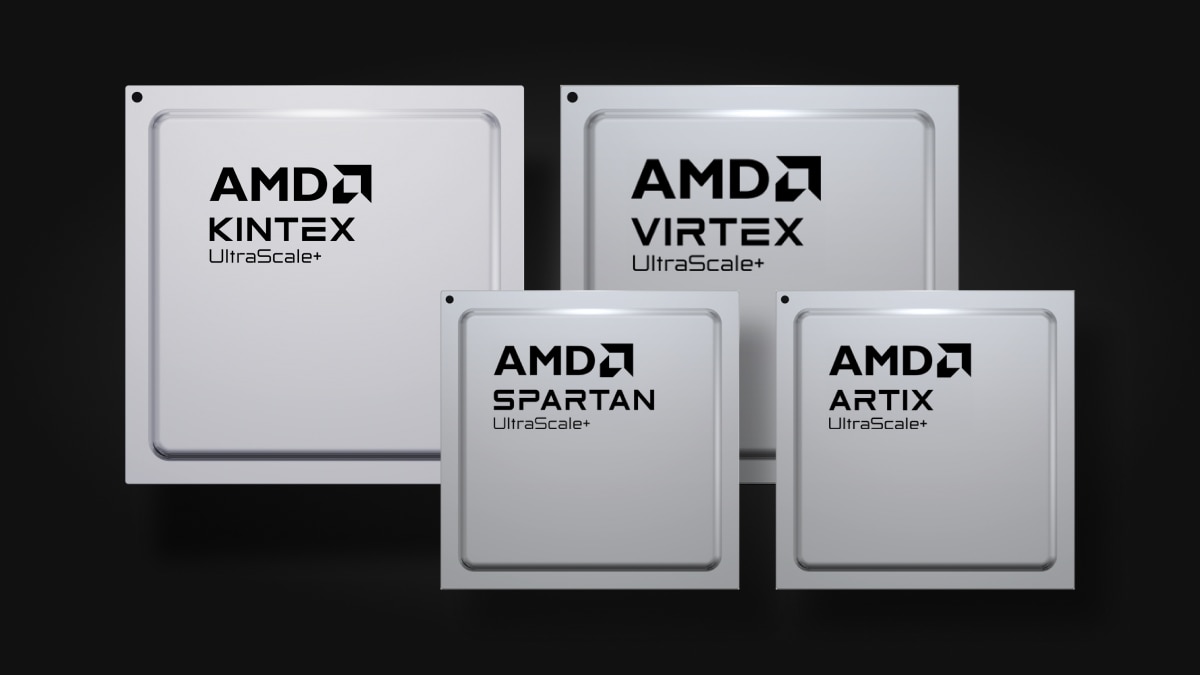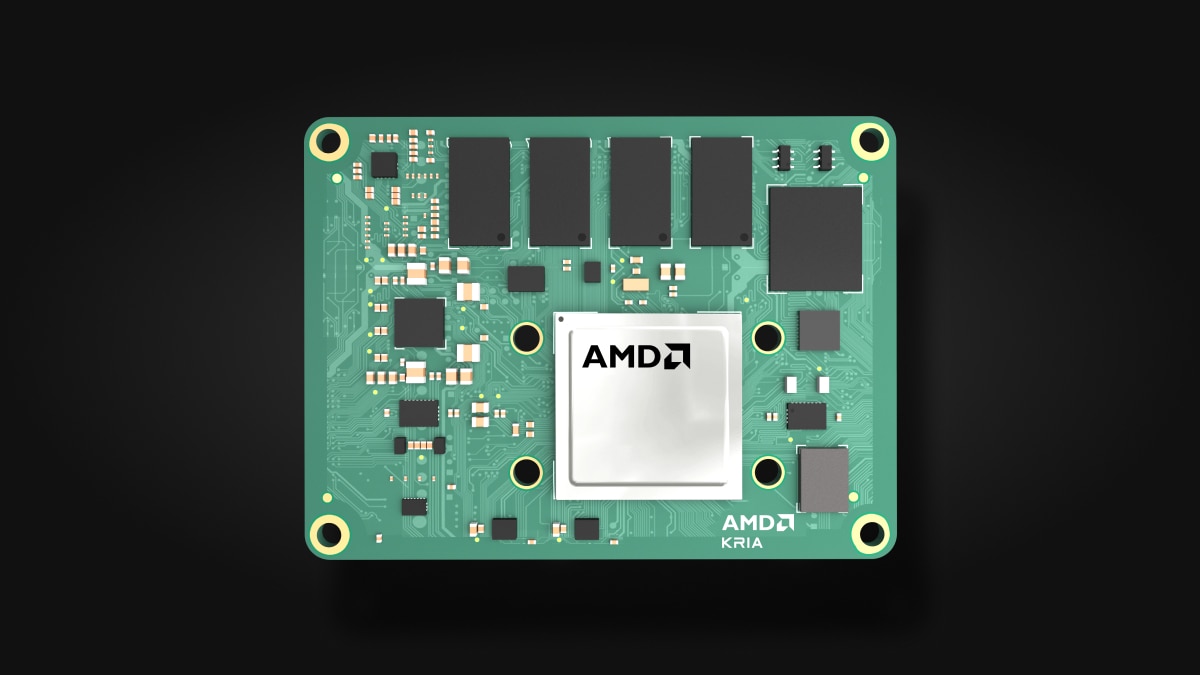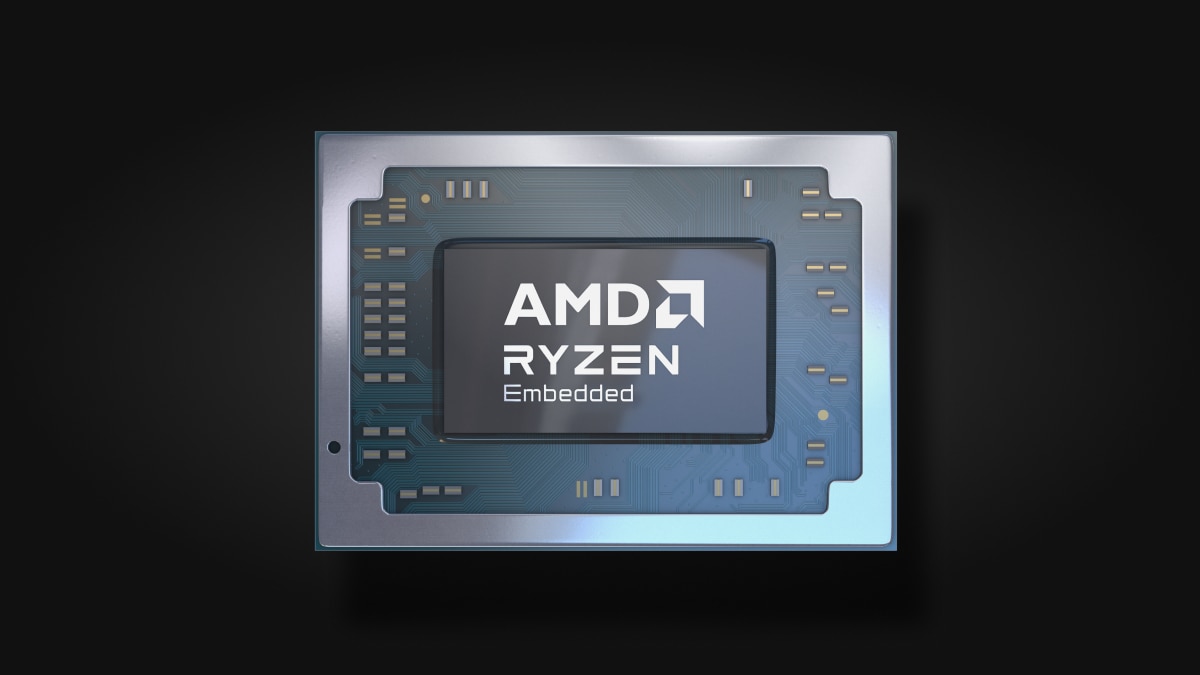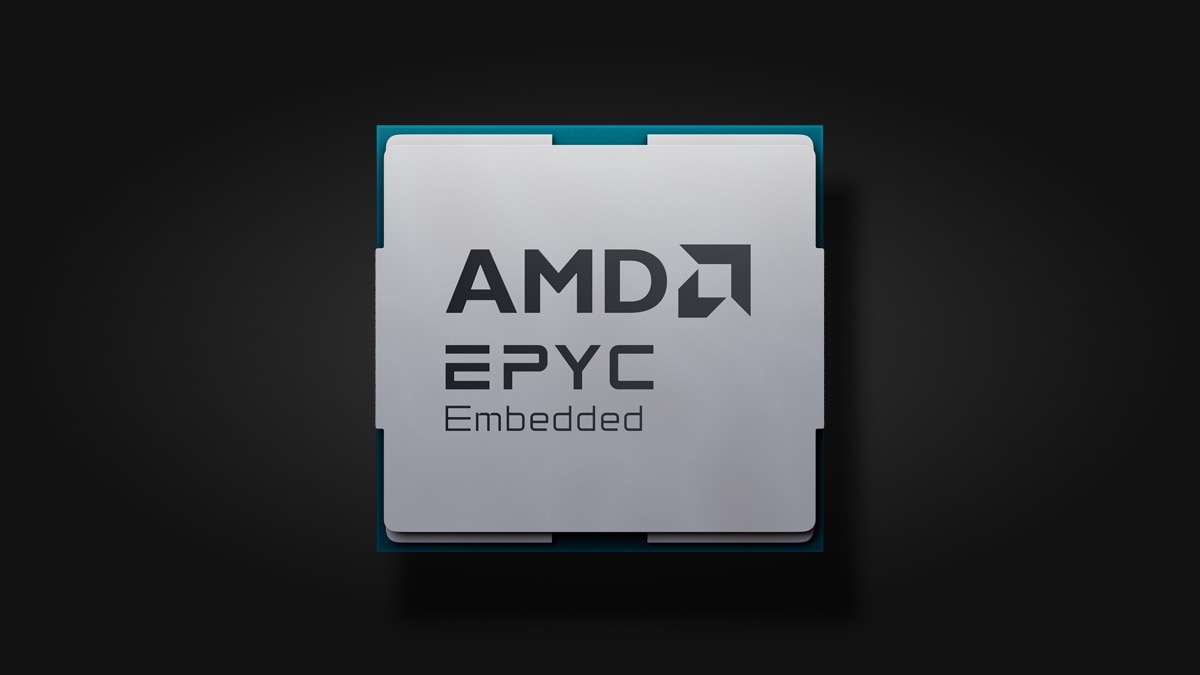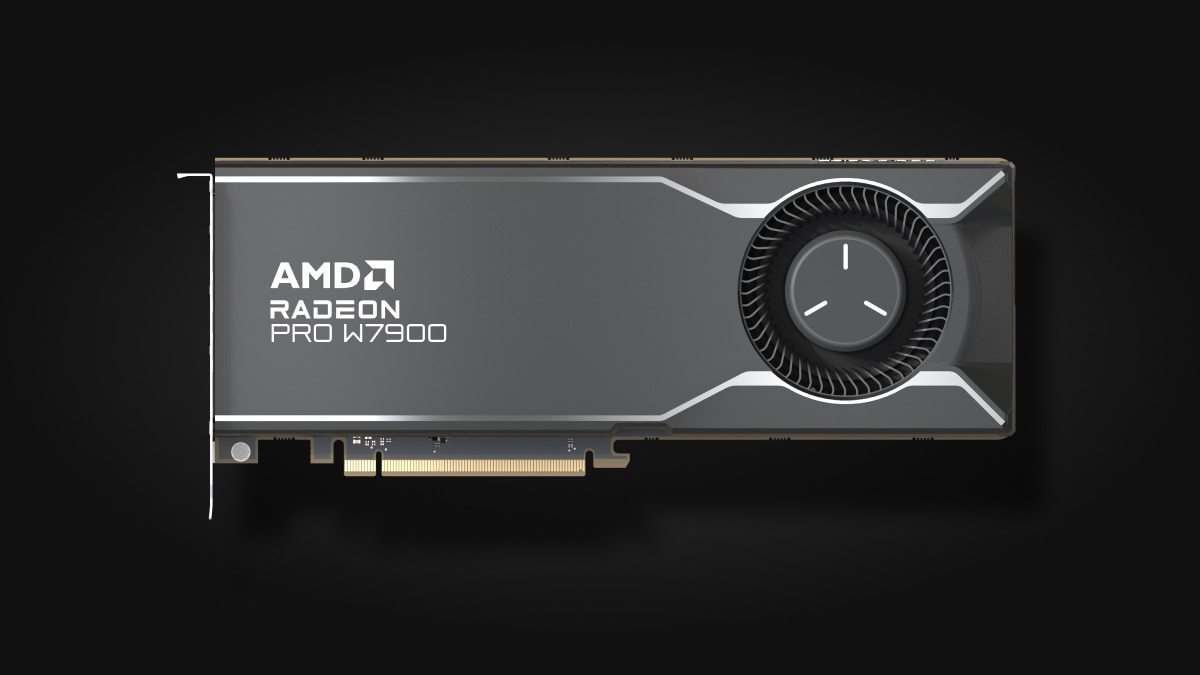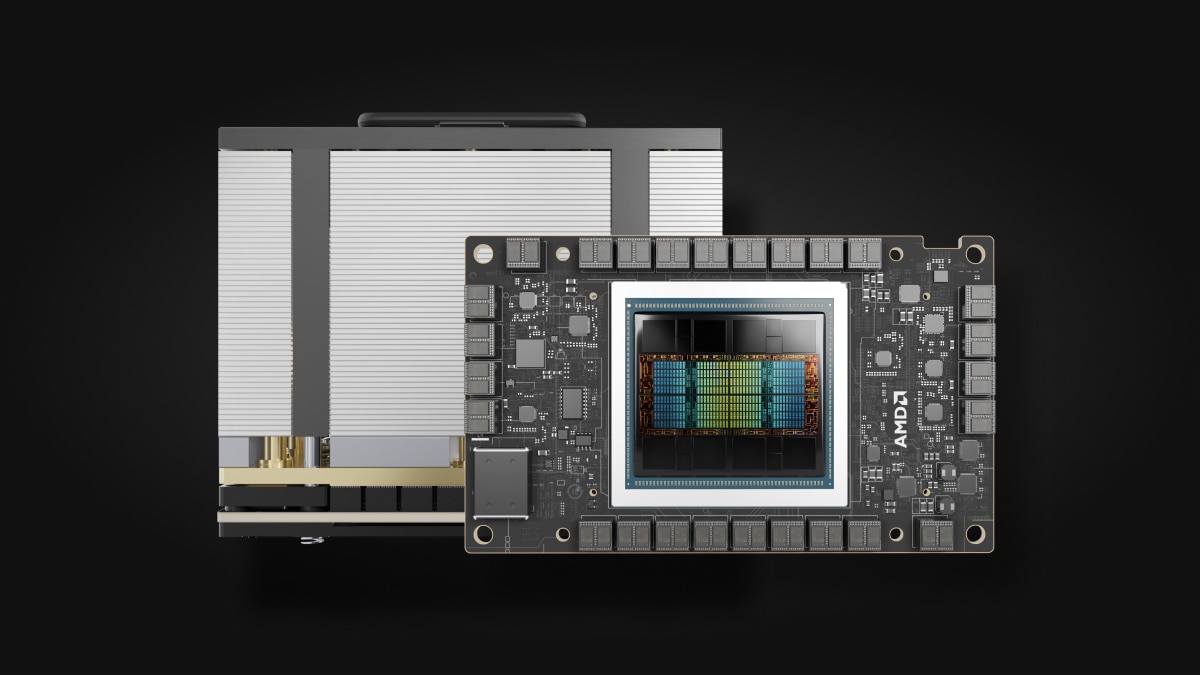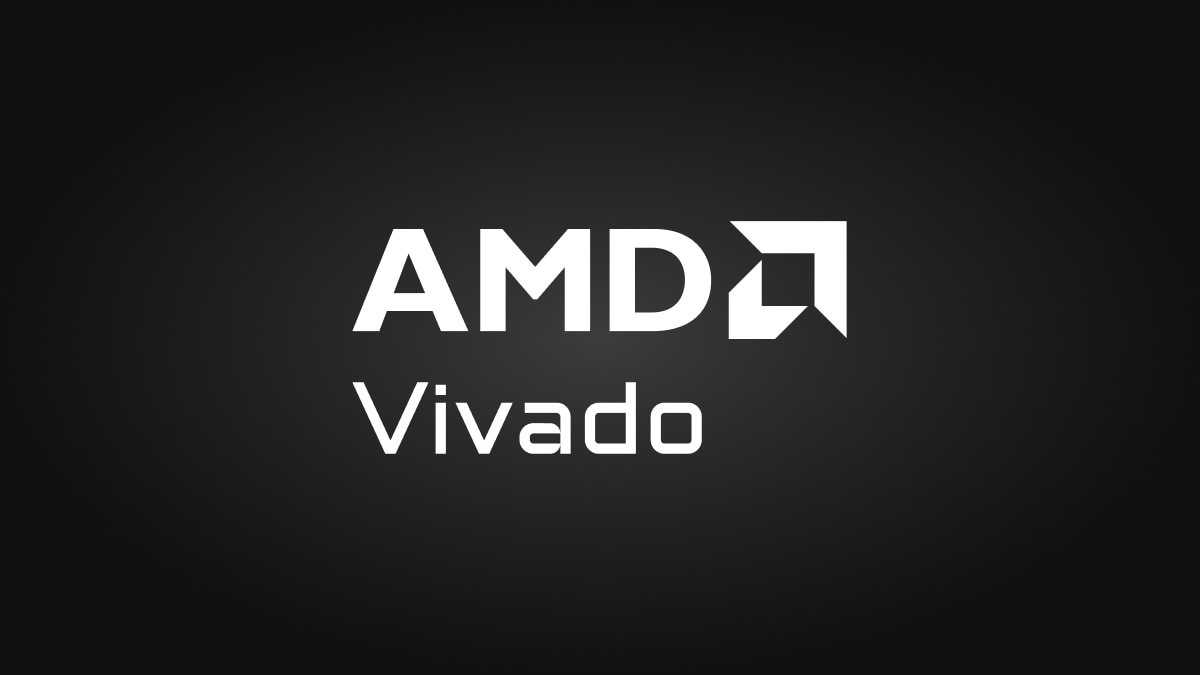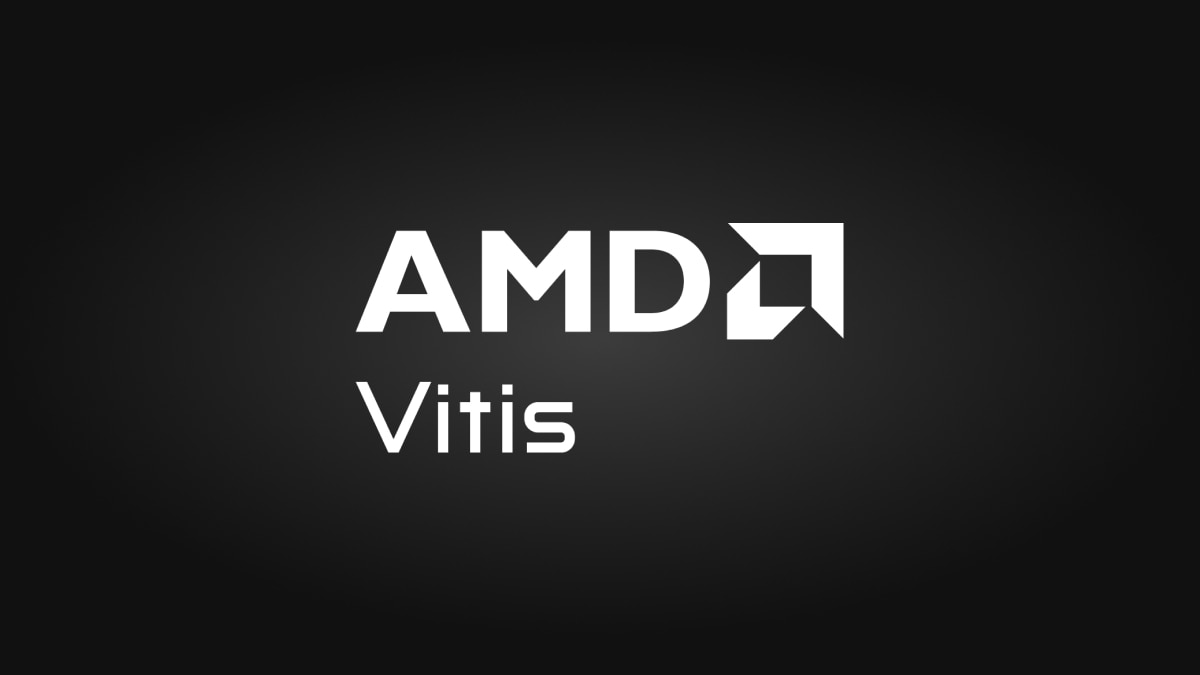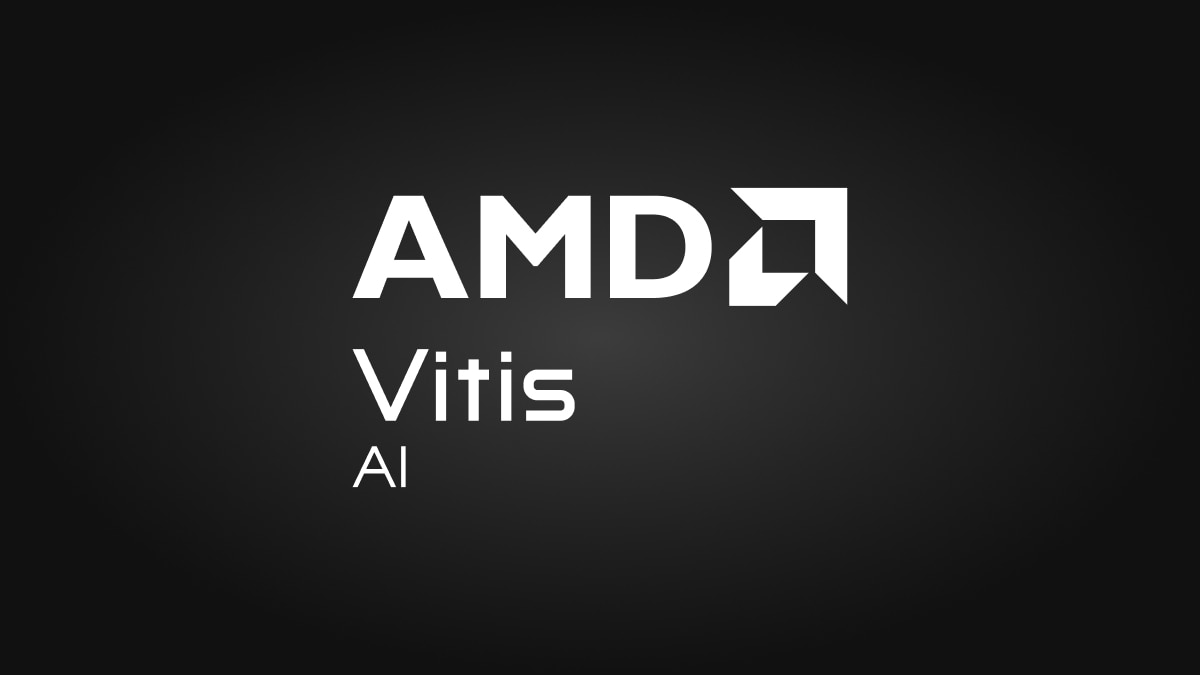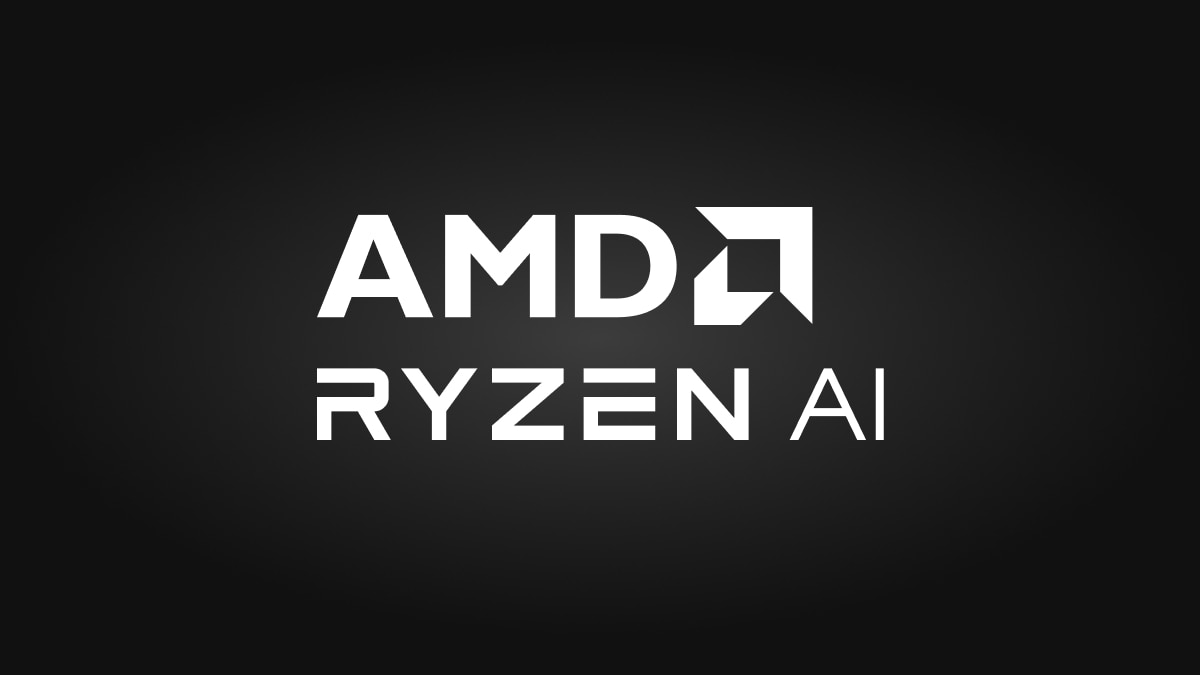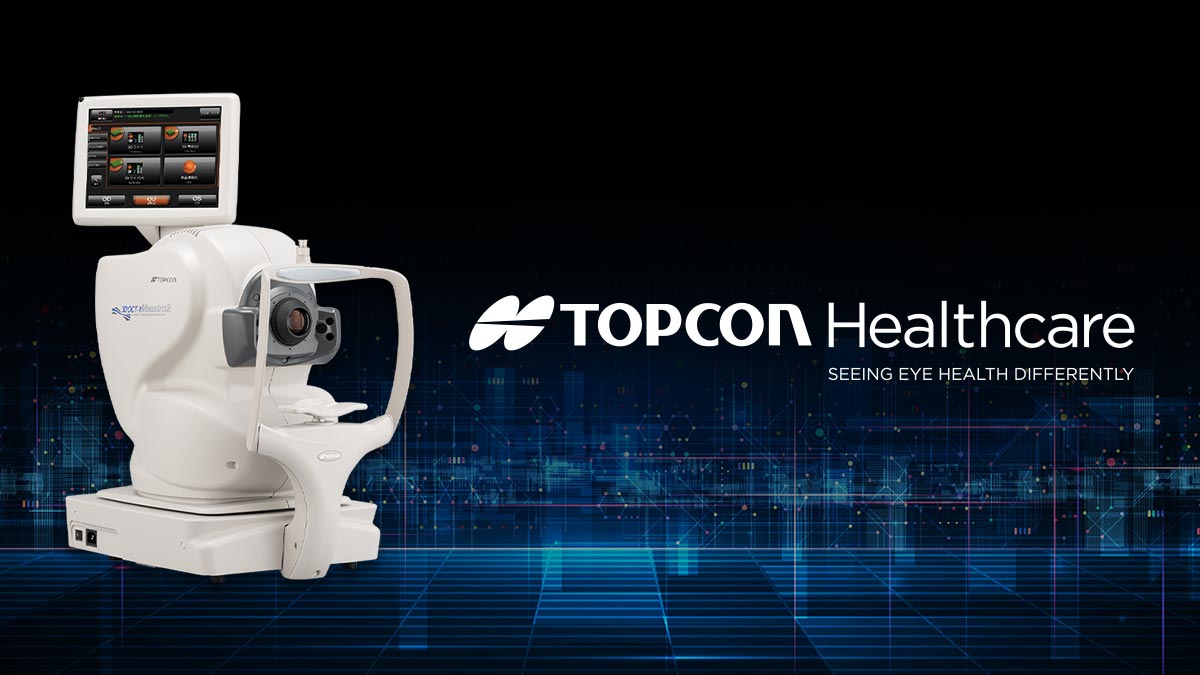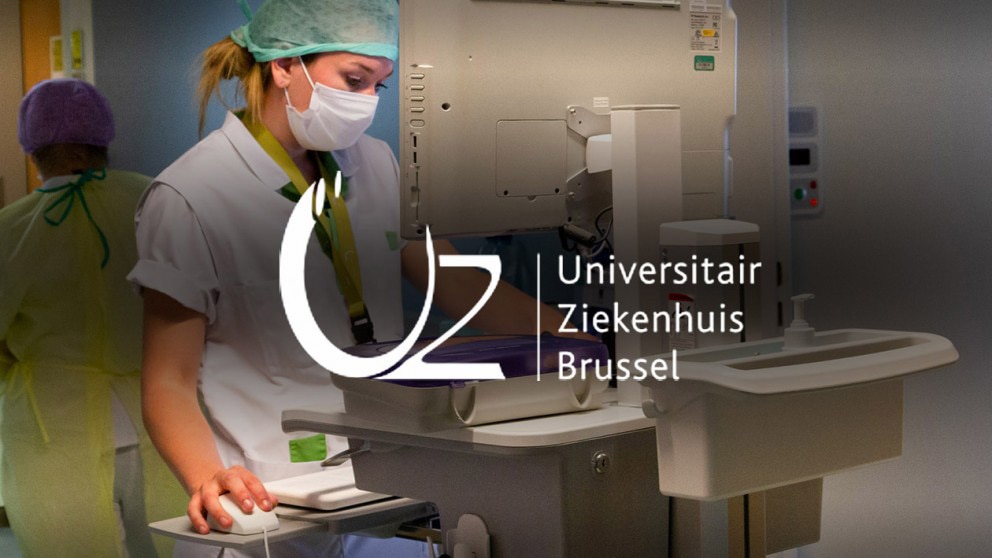

Advancing Healthcare in a Fast-Evolving Landscape
Delivering adaptive and scalable embedded solutions by offering leadership performance, low latency, and single-chip intelligence for AI that advance imaging, robotics, research, record-keeping, and patient care
Advanced Imaging with AI
AMD accelerates AI-driven imaging, helping identify critical details with sharper resolution and faster insights enabling greater precision in diagnostics.
AI-Powered Surgical Robotics
AMD adaptive platforms drive real-time responsiveness in surgical robotics with precise, low-latency control—enabling real-time collaboration and improved clinical workflow in the OR.
Life Sciences
AMD high-performance platforms fuel AI-driven models in life sciences, helping researchers move from raw data to real-world solutions, faster.
Electronic Medical Records
AMD adaptable computing solutions support smarter EMR management, integrating AI to improve speed, accuracy, and reliability.



AMD AI-Powered Solutions for Precision and Efficiency
AMD integrates AI into healthcare solutions through high-performance computing platforms that power data-intensive workloads. These solutions enhance precision medicine by analyzing complex datasets for personalized treatments, improve diagnostics with AI-driven medical imaging, and accelerate drug discovery by simulating molecular interactions. AMD also supports AI in automating clinical workflows, enabling predictive analytics, and optimizing telemedicine and remote monitoring. By leveraging AMD advanced processors, healthcare organizations achieve faster, more accurate, and efficient patient-centered care.

Applications
- Edge
- EHR Management
- Life Sciences
Edge Computing
Discover how AMD solutions enable scalable healthcare platforms with heterogenous multi-processing, I/O flexibility, hardware-based deterministic controls, and more.
EHR Management
EHR systems store and process patient data, needing secure, real-time access and HIPAA compliance. AMD EPYC CPUs boost performance with high core counts, ensuring fast, secure data handling for concurrent users. AMD processors are certified for the Epic EHR system. Organizations can achieve up to 34.2 million global references per second with 2P EPYC 9654 servers and up to 2.55X higher performance vs. 2P EPYC 7763 servers—supporting up to 30% more users per server. Strong performance plus robust security features make AMD EPYC processors an ideal choice for electronic healthcare systems and applications.
Life Sciences
Healthcare and life sciences (HCLS) is one of the world’s most dynamic and rapidly evolving industries. It encompasses a range of interconnected fields including pharmaceuticals, biotechnology, medical devices, healthcare services, and health insurance. AMD is a trusted technology partner to many industries, known for performance leadership, outstanding TCO, and security-enhancing technology. Offering a blend of speed, security features, and energy efficiency, AMD high-performance processors are ideally suited to meet the complex processing requirements of healthcare and life sciences workloads in areas such as:
- Medical Imaging
- Drug Discovery
- Clinical Trials
- Genomics
- Supply Chain


Portfolio
- Hardware
- AI
- Developer Tools
Hardware
AI Architectures
AMD technologies deliver efficient data processing and acceleration to enable cutting-edge AI applications.
Development and Design Tools
Developers can leverage AMD libraries, starter kits, and more to accelerate the deployment of Industrial and Vision solutions.

Case Studies
Resources
White Papers
General
On-prem Datacenter
Cloud


Get in Touch
Contact an AMD sales representative.
Footnotes
- SP5-167B: AMD testing as of 11/13/2023, . Sentieon® Release 202308 for read sorting. 2P 96-core EPYC 9654 on an AMD reference platform vsOracle cloud tested NVIDIA Parabricks 4.2 with eight Nvidia H100 GPUS in a single server run. Published Oracle/Nvidia testing claims 14 minutes (102 Genomes/Day) to run a full sequence of the dataset HG002.novaseq.pcr-free.30x (end-to-end Parabricks germline workflow) on BM.GPU.H100.8 instances. https://developer.nvidia.com/blog/accelerate-genomic-analysis-for-any-sequencer-with-parabricks-v4-2/?ncid=so-nvsh-821697&dysig_tid=ebd0be8791b5432b9b254574e4d515cf
- SP5-175A: SPECrate®2017_int_base comparison based on published scores from www.spec.org as of 01/03/2024. Comparison of published 2P AMD EPYC 9754 (1950 SPECrate®2017_int_base, 720 Total TDP W, 256 Total Cores, $30823 Est system $, 1047 est system W, https://www.spec.org/cpu2017/results/res2023q2/cpu2017-20230522-36617.html ) is 1.73x the performance of published 2P Intel Xeon Platinum 8592+ (1130 SPECrate®2017_int_base, 700 Total TDP W, 128 Total Cores, $27207 Est system $, 930 est system W, https://www.spec.org/cpu2017/results/res2023q4/cpu2017-20231127-40064.html ) [at 1.53x the performance/system W] [at 1.52x the performance/system $]. AMD 1Ku pricing and Intel ARK.intel.com specifications and pricing as of 01/03/2024. SPEC®, SPEC CPU®, and SPECrate® are registered trademarks of the Standard Performance Evaluation Corporation. See www.spec.org for more information. The system pricing and watt estimates are based on Bare Metal GHG TCO v9.60. Actual costs and system watts will vary.
- SP5-049D: VMmark® 3.1.1 matched pair comparison based on published results as of 9/19/2023. 2-node, 2P AMD EPYC 9684X, 384 total cores, SAN storage scoring 47.78 @ 46 tiles on VMmark 3.1.1.
Source: https://www.vmware.com/content/dam/digitalmarketing/vmware/en/pdf/vmmark/2023-07-11-Supermicro-AS-2125HS-TNR.pdf
• 2-node, 2P AMD EPYC 9754, 512 total cores, SAN storage scoring 44.15 @ 49 tiles on VMmark 3.1.1.
Source: https://www.vmware.com/content/dam/digitalmarketing/vmware/en/pdf/vmmark/2023-06-13-Dell-PowerEdge-R7625.pdf
• 2-node, 2P AMD EPYC 9654, 384 total cores, SAN storage scoring 40.66 @ 42 tiles on VMmark 3.1.1.
Source: https://www.vmware.com/content/dam/digitalmarketing/vmware/en/pdf/vmmark/2023-06-13-Lenovo-ThinkSystem-SR665V3.pdf
• 2-node, 2P AMD EPYC 9554, 256 total cores, SAN storage scoring 32.75 @ 32 tiles on VMmark 3.1.1
Source: https://www.vmware.com/content/dam/digitalmarketing/vmware/en/pdf/vmmark/2023-08-22-Supermicro-AS-2125HS-TNR.pdf
• 2-node, 2P AMD EPYC 7773X, 256 total cores, SAN storage scoring 23.64 @ 24 tiles on VMmark 3.1.1.
Source: https://www.vmware.com/content/dam/digitalmarketing/vmware/en/pdf/vmmark/2022-08-09-Dell-PowerEdge-R7525.pdf
• 2-node, 2P Intel Xeon Platinum 8490H, 240 total cores, SAN storage scoring 23.38 @ 23 tiles on VMmark 3.1.1.
Source: https://www.vmware.com/content/dam/digitalmarketing/vmware/en/pdf/vmmark/2023-03-21-Fujitsu-PRIMERGY-RX2540M7.pdf
VMmark is a registered trademark of VMware in the US or other countries.
- https://www.amd.com/content/dam/amd/en/documents/epyc-business-docs/performance-briefs/amd-epyc-9754-pb-cloud-native-workloads.pdf
- https://www.amd.com/content/dam/amd/en/documents/epyc-business-docs/performance-briefs/amd-epyc-9004-pb-cloudera.pdf
- SP5-167B: AMD testing as of 11/13/2023, . Sentieon® Release 202308 for read sorting. 2P 96-core EPYC 9654 on an AMD reference platform vsOracle cloud tested NVIDIA Parabricks 4.2 with eight Nvidia H100 GPUS in a single server run. Published Oracle/Nvidia testing claims 14 minutes (102 Genomes/Day) to run a full sequence of the dataset HG002.novaseq.pcr-free.30x (end-to-end Parabricks germline workflow) on BM.GPU.H100.8 instances. https://developer.nvidia.com/blog/accelerate-genomic-analysis-for-any-sequencer-with-parabricks-v4-2/?ncid=so-nvsh-821697&dysig_tid=ebd0be8791b5432b9b254574e4d515cf
- SP5-175A: SPECrate®2017_int_base comparison based on published scores from www.spec.org as of 01/03/2024. Comparison of published 2P AMD EPYC 9754 (1950 SPECrate®2017_int_base, 720 Total TDP W, 256 Total Cores, $30823 Est system $, 1047 est system W, https://www.spec.org/cpu2017/results/res2023q2/cpu2017-20230522-36617.html ) is 1.73x the performance of published 2P Intel Xeon Platinum 8592+ (1130 SPECrate®2017_int_base, 700 Total TDP W, 128 Total Cores, $27207 Est system $, 930 est system W, https://www.spec.org/cpu2017/results/res2023q4/cpu2017-20231127-40064.html ) [at 1.53x the performance/system W] [at 1.52x the performance/system $]. AMD 1Ku pricing and Intel ARK.intel.com specifications and pricing as of 01/03/2024. SPEC®, SPEC CPU®, and SPECrate® are registered trademarks of the Standard Performance Evaluation Corporation. See www.spec.org for more information. The system pricing and watt estimates are based on Bare Metal GHG TCO v9.60. Actual costs and system watts will vary.
- SP5-049D: VMmark® 3.1.1 matched pair comparison based on published results as of 9/19/2023. 2-node, 2P AMD EPYC 9684X, 384 total cores, SAN storage scoring 47.78 @ 46 tiles on VMmark 3.1.1.
Source: https://www.vmware.com/content/dam/digitalmarketing/vmware/en/pdf/vmmark/2023-07-11-Supermicro-AS-2125HS-TNR.pdf
• 2-node, 2P AMD EPYC 9754, 512 total cores, SAN storage scoring 44.15 @ 49 tiles on VMmark 3.1.1.
Source: https://www.vmware.com/content/dam/digitalmarketing/vmware/en/pdf/vmmark/2023-06-13-Dell-PowerEdge-R7625.pdf
• 2-node, 2P AMD EPYC 9654, 384 total cores, SAN storage scoring 40.66 @ 42 tiles on VMmark 3.1.1.
Source: https://www.vmware.com/content/dam/digitalmarketing/vmware/en/pdf/vmmark/2023-06-13-Lenovo-ThinkSystem-SR665V3.pdf
• 2-node, 2P AMD EPYC 9554, 256 total cores, SAN storage scoring 32.75 @ 32 tiles on VMmark 3.1.1
Source: https://www.vmware.com/content/dam/digitalmarketing/vmware/en/pdf/vmmark/2023-08-22-Supermicro-AS-2125HS-TNR.pdf
• 2-node, 2P AMD EPYC 7773X, 256 total cores, SAN storage scoring 23.64 @ 24 tiles on VMmark 3.1.1.
Source: https://www.vmware.com/content/dam/digitalmarketing/vmware/en/pdf/vmmark/2022-08-09-Dell-PowerEdge-R7525.pdf
• 2-node, 2P Intel Xeon Platinum 8490H, 240 total cores, SAN storage scoring 23.38 @ 23 tiles on VMmark 3.1.1.
Source: https://www.vmware.com/content/dam/digitalmarketing/vmware/en/pdf/vmmark/2023-03-21-Fujitsu-PRIMERGY-RX2540M7.pdf
VMmark is a registered trademark of VMware in the US or other countries. - https://www.amd.com/content/dam/amd/en/documents/epyc-business-docs/performance-briefs/amd-epyc-9754-pb-cloud-native-workloads.pdf
- https://www.amd.com/content/dam/amd/en/documents/epyc-business-docs/performance-briefs/amd-epyc-9004-pb-cloudera.pdf

